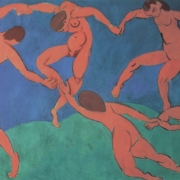Group analysis of those who deal with dying
Abstract
To build up the trust of the participants in a group with dying patients, the therapist must make himself available as a transitional object due to the intense need for an object and the need for dependence expressed by the participants. On the other hand, the need to empathise with such strong and painful sentiments can represent a challenge for the therapist, activating powerful counter-transference reactions, such as fear of being overwhelmed, anger and negation. If the therapist knows how to deal with this delicate equilibrium, the group will be able to provide valuable aid for coming to terms with, and to integrate, the profound and ambivalent unconscious feelings evoked by Read more


